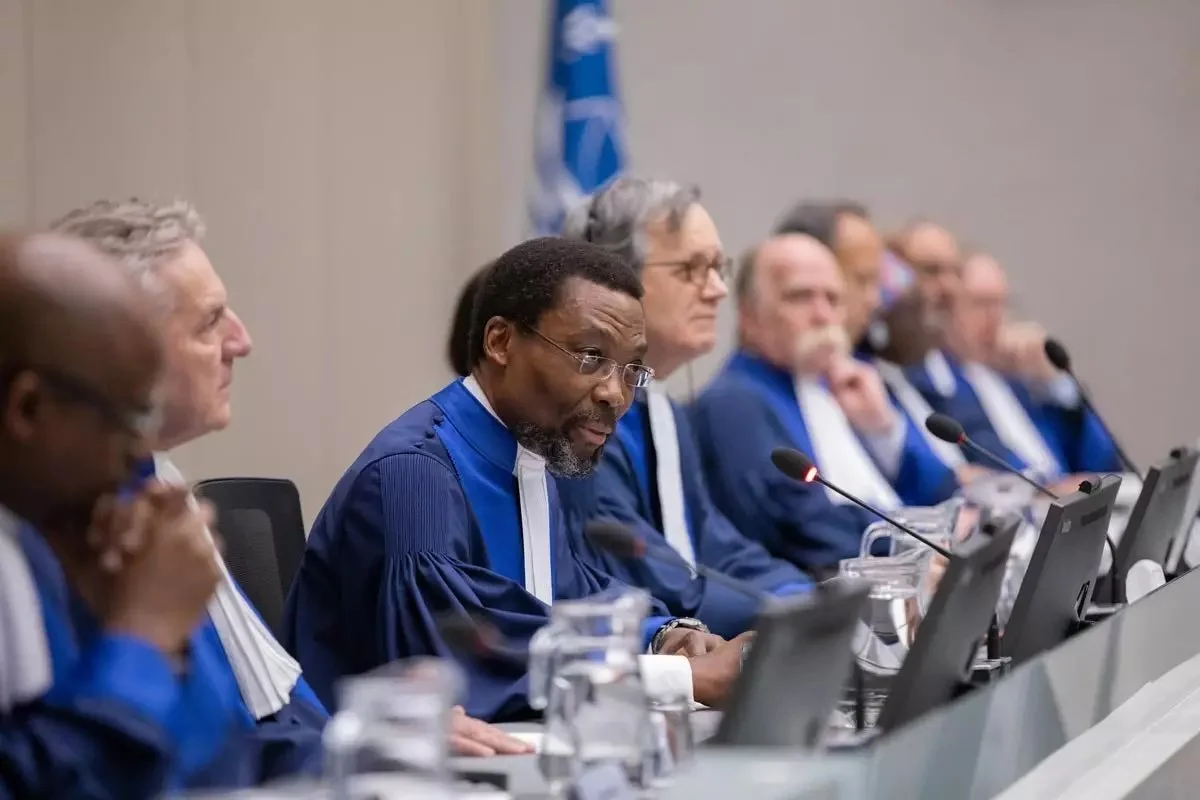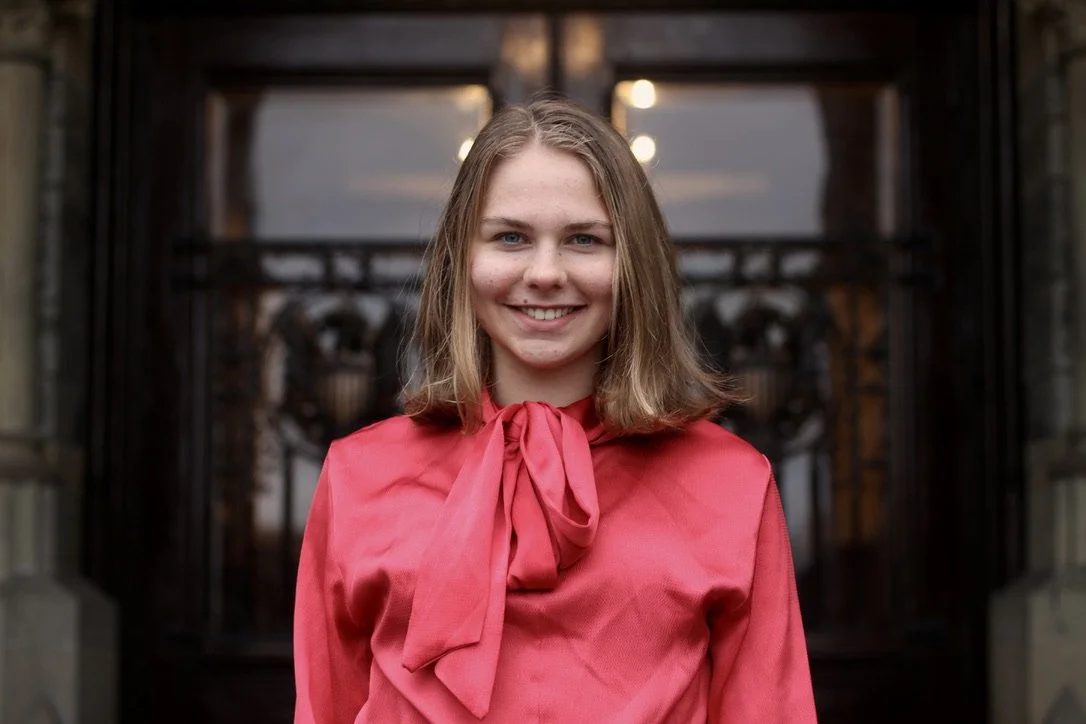International Criminal Court (ICC)
APPROXIMATE COMMITTEE SIZE: 17 delegates
Making its conference debut, the International Criminal Court represents the newest addition to NAIMUN's non-traditional committees. Reflecting the unique, challenging nuances of global politics, students will engage with the principles of international criminal justice across distinct historical and political contexts. Within this specialized tribunal, delegates can expect to serve as judges, prosecutors, and defense counsel, allowing them a holistic understanding of not only the functioning of the court but also its relevance to modern society. Delegates will be expected to treat each case with the utmost sensitivity as they confront the evolution of international humanitarian law, the complex interplay between sovereignty and accountability, and the enduring challenge of seeking justice for mass atrocities. Unlike the traditional ICC, students will test their understanding of what judicial accountability looks like on the global stage by examining cases that predate the Rome Statute, as well as those that highlight contemporary and future applications of the court's jurisdiction. Through these deliberations, delegates will explore how international criminal justice might bridge historical impunity, navigate contemporary political obstacles, and adapt to emerging challenges.
Note: Technology may be allowed in ICC at the chair’s discretion.
CHAIR: Cynthia gudaitis
CASE 1
Rafael Trujillo (1938)
CASE 2
Rodrigo Duterte (2026)
CASE 3
Emmerich Vahlstrom (2040)
LEARNING OBJECTIVES
Develop a comprehensive understanding of the ICC's structure, jurisdiction, and procedural mechanisms within the international legal system.
Analyze how the concept of international justice applies to cases that challenge the court’s jurisdiction, as well as the evidentiary challenges they present.
Explore how international criminal justice might evolve to address emerging global challenges, including technological, environmental, and transnational threats.
Reflect on the potential and limitations of international criminal justice as a mechanism for accountability, reconciliation, and deterrence.
About the chair
Cynthia Gudaitis is a member of the Walsh School of Foreign Service class of 2027, studying international politics with a concentration in international law, ethics, and institutions, and minoring in Spanish. At Georgetown, Cynthia enjoys travelling with the Model UN team in court-style committees. Her love for Model UN did help inform her major decision (though she denies it), and she is so excited to serve as the chair for the International Criminal Court! Cynthia is also the chief of staff for NCSC LIII (NAIMUN’s sister collegiate conference) and has previously staffed NAIMUN as a director and a chair. Outside of Model UN and international affairs, Cynthia is an avid runner and is planning to have run her first marathon by conference weekend…which is admittedly ambitious given her concurrent plans to study abroad in Chile thereafter, but that’s a time management challenge to address another day. Cynthia is thrilled to welcome everyone to DC for a weekend of international legal nerdiness!


